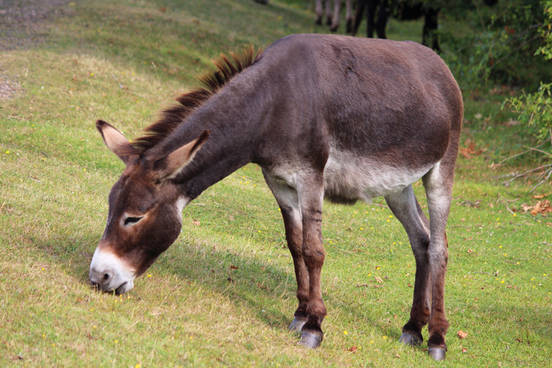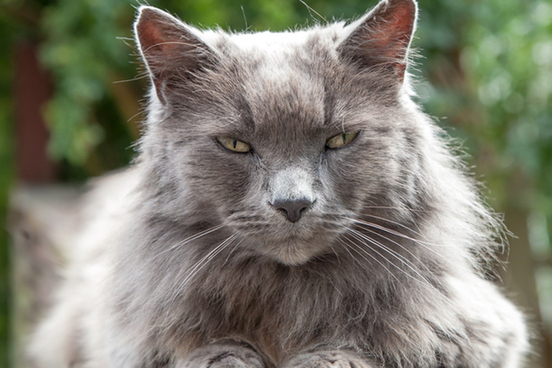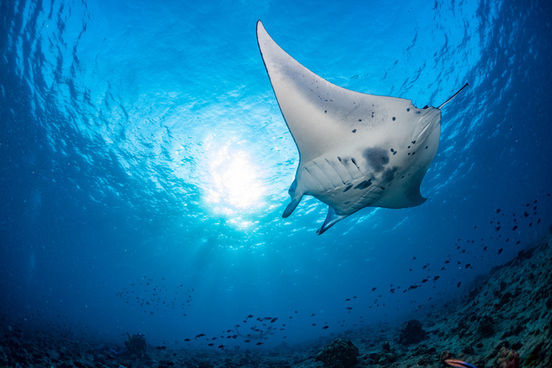
Camelopard
Camelopard is an archaic word for "giraffe." It comes from Greek kamēlopardalis, from kamēlos ("camel") and pardalis ("leopard"). Never mind that giraffes don't really look like spotted camels.
Camelopard is also the name of a constellation also known as Camelopardalis. It looks about as much like a giraffe as Ursa Major looks like a bear.

Antbear
An antbear is an aardvark, which makes way more sense to English speakers than the word aardvark does. That word comes from an obsolete Afrikaans word that combines aard meaning "earth" and vark meaning "pig."
Antbear is also a term applied to anteaters. And here's where things get confusing: the word anteater sometimes refers to aardvarks. But aardvarks and anteaters are not the same. Although they look similar, and although both aardvarks and anteaters rip open the nests of termites and use ridiculously long tongues to get those termites to their mouths, aardvarks are more closely related to elephants than they are to true anteaters.

River Horse
Of course a river horse is a hippopotamus.
The idea that these creatures are a kind of river-abiding horse is apparent in both terms. Hippopotamus traces back to a Greek word that means literally "riverine horse." The French took that same Greek word and made it hippopotame; the English then translated that to "river horse."

Reynard

Cuddy
The source of the word cuddy as it's used to refer to a donkey is unknown. The experts speculate that it's from a nickname for Cuthbert, but whichever Cuthbert, if any, inspired the early 18th century term is lost to history. Cuddy is also used to refer to a stupid person. We suspect the word goes over better with the donkeys.

Grimalkin
A grimalkin is a domestic cat—especially an old female one.
A grimalkin doesn't have to be gray, but Shakespeare's was. In Macbeth, one of the three witches refers to her guardian spirit as "Graymalkin." Most etymologists trace the word's origin to the modern word gray and malkin, a nickname for Matilda or Maud that was also used as a general name for a cat.

Sea Devil
A sea devil is a manta ray, any of several extremely large rays with big pectoral fins that resemble wings. Those fins also have extensions that project from the head and look (to some people, anyway) like a devil's horns—hence the name. Hence also several other names, including devil ray and devilfish. The latter is also used to refer to an octopus or, more broadly, to any large cephalopod.







